I would have taken to the streets to demand peace myself: Kabir Suman
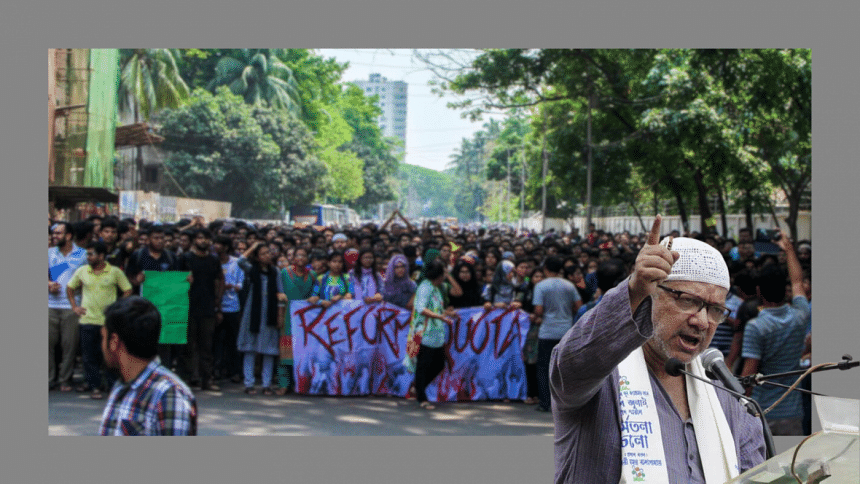
Indian singer Kabir Suman has spoken out about the ongoing quota reform movement in Bangladesh. Today morning, he took to Facebook to call for an end to the violence from all parties involved.
Kabir Suman wrote, "I cannot remain silent about the current situation in Bangladesh. I stayed there for a few days. However, I am not entirely sure about the specifics of the situation, the reasons behind it, or who is involved. With folded hands, I appeal to all parties to cease the violence. I urge the government in Dhaka to continue its efforts to maintain peace so that students refrain from resorting to violence.
Kabir Suman, who is cherished by audiences in Bangladesh beyond India's borders, further wrote, "What else can I say? I cannot physically travel to Dhaka, but I would if I could. I would sit on the street and urge everyone to maintain peace."
At the beginning of his lengthy post, he stated, "I am a citizen of India. Bangladesh is our neighbour. I have no right to interfere in its affairs, nor do I want to. However, I cannot forget the love I have received from many people in Bangladesh. I see images and videos of Dhaka University, of students marching with Kazi Nazrul Islam's "Karar Oi Louho Kopat" being played in the background; the song seems to have been edited and placed with the video as it is appropriate."
"During my time there, I have often seen lines from my songs written on the walls by Dhaka University students. I haven't seen anything comparable to that in West Bengal. It is one of the many reasons why I proudly affirm that I consider myself a citizen of Bangladesh without any reservation."
As per the words of Kabir Suman himself, "My life's most significant and central work, 'Bangla Kheyal', found its practice and expression in Bangladesh. The late Bangladeshi artiste Azad Rahman composed numerous Bengali khayals in various ragas, contributing greatly to this art form. My connection to Bangladesh is deeply rooted in the Bangla language and Bangla khayal, forging a bond of love and artistic devotion."
At the conclusion of his post, he urged, "End the violence. Cease the rhetoric of division. Preserve Bangladesh. Protect all Bangladeshis. Long live Bangladesh, long live the Liberation War, and honour the countless martyrs and their irreplaceable sacrifices. Victory to our heroines and heroes. Long live the Bangla language."
Kabir Suman gained fame with the release of his album 'Tumi Chai' in 1992. He later engaged in local politics, notably supporting Mamata Banerjee during the Nandigram and Singur movements. Subsequently, he served as a Member of Parliament from the Jadavpur constituency under the Trinamool Congress ticket, but later parted ways with the party. He was born on March 16, 1949, in Odisha, India.

 For all latest news, follow The Daily Star's Google News channel.
For all latest news, follow The Daily Star's Google News channel. 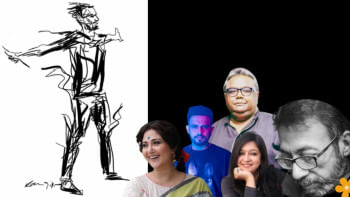


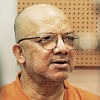


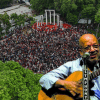
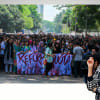


Comments